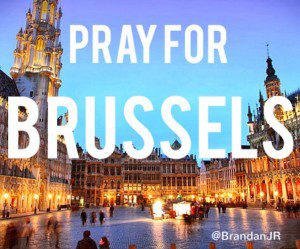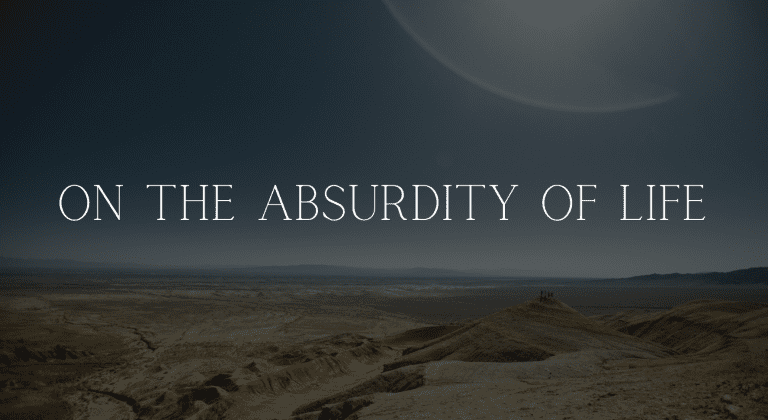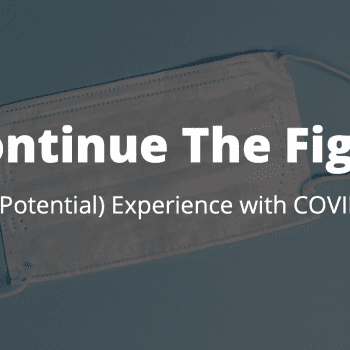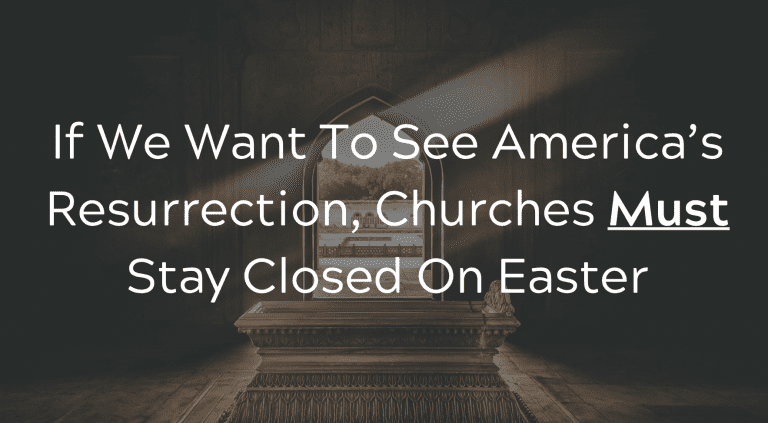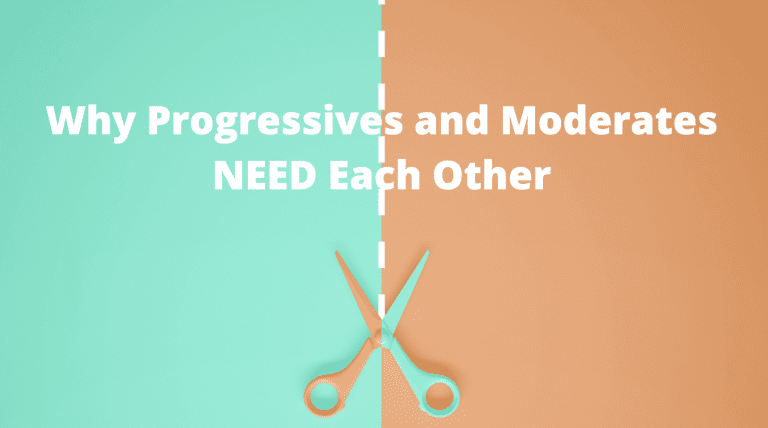Once again, those motivated by fear, by anger, by deep anguish within their own souls have made the choice to take the lives of dozens of other people and throw a nation, and indeed, the world, into a state of peril. Every time we hear about a terrorist attack in the media, there is an immediate sense of solidarity with the people who were attacked. We must stand with Brussels. Pray for Brussels. We must show Brussels that there are far more people standing with them than against them in this dark hour.
At the same time, we are drawn into solidarity against the attackers. The nations of the world will vow to fight against the threat of terrorism globally and to support the armed forces and law enforcement of Brussels to fight those who are responsible for these heinous acts. In moments like these, around the world, Islamaphobia will increase. Muslims will fear for their own well being as leaders and influencers begin to take to the airwaves to talk about the “threat of Islam” on our society.
In a moment like this, we stand in solidarity both in the pain and in the anger. One force has the power to make progress and to heal, the other has the power to destroy and perpetuate fear. In a moment like this, we must chose. In a moment like this, we must take a step back and, for those of us who are Christians, look towards the cross of Jesus.
The crucifixion of Jesus was an act of terror. The Romans beat, mocked, and degraded Jesus in front of the eyes of hundreds of onlookers. They paraded his bloody body through the streets of Jerusalem, carrying the very means of his own torture and death on his shoulders. And then they hung him on a cross, high above Jerusalem, where everyone could gaze upon his torn flesh and see the agony in his face. The message was clear: If you oppose Rome, you will be killed.
The crucifixion of Jesus was meant to keep the people of Jerusalem in line. To cause them to fear and in that fear to refuse to follow anyone but Caesar. It was an act of terror, and in those moments of Jesus death, many of the people of Jerusalem stood in solidarity against Jesus and with Rome. They bought the narrative that it was people like Jesus that sought to undermine their empire and way of life. And as they gazed upon his corpse, they were both afraid and united.
But as Jesus’ life slipped away, he uttered some of the most destabilizing words in all of history. Words that undermined the entire agenda of Rome. Words that expelled fear in an instant. “Father”, he uttered. “Forgive them. For they don’t know what they’re doing.” In an instant, Jesus overturns the system of terror and ruptures through fear with unconditional love.
Jesus was unjustly murdered. He was being accused and scapegoated for things he was not guilty of. He had every right to be angry. Every right to call on his disciples to fight. To seek to kill those who had killed him. And we have good reason to believe that if Jesus did in fact use his dying breath to call on his disciples to seek vengeance, they would have. Fear emboldens us to act in the most illogical and harmful ways.
But this isn’t what Jesus did. Instead, he asked God to forgive his murderers. To forgive those who mocked him, spat on him, and viewed him as the source of all of their problems. He had mercy on those who didn’t ask for it and certainly didn’t deserve it. He understood that the Romans really believed that they were doing the right thing. That in their ignorance, they were perpetuating a system of violence and fear that would never result in true peace, but only more bloodshed. Jesus looked down upon these wicked individuals and instead of cursing them, he blesses them.
He forgives them.
And it is this one singular act of forgiveness that has forever transformed the world. The entirety of the Christian Gospel is built upon the actions of Christ on the cross. The example he set. The earth shattering, subversive path of love, grace, and forgiveness that Jesus demonstrates as the way of salvation for humanity. It is the only way. The narrow way. And very few people, Jesus said, ever find it. Yet it is our only hope. The only way that leads to life. The only answer to the plague of fear.
Jesus act of forgiveness shattered the blindness of the centurion who likely beat and tortured him, revealing the great act of injustice he was perpetuating and causing him to cry out, “Truly this man is the Son of God!” Jesus act of forgiveness removed the veil from the eyes of the Roman officials, revealing that the cycle of terror and violence they were perpetuating was futile. Jesus act of forgiveness transformed the lives of all who witnessed it and emboldened his followers to give their lives to this radical way of self-sacrificial love and unconditional grace.
As billions of Christians around the world spend this Holy Week reflecting on the sufferings of Jesus, may we also consider the ramifications of his life and death in our lives and world today. May we consider what the crucifixion of Jesus teaches us about how to respond to the evil we have witnessed in Belgium and to those who are guilty of perpetuating such terror and violence.
As we reflect on the image of that frail, innocent man hanging on a rugged cross, may we see the love in his eyes. May we see his heart beating with compassion and desperation. May we hear his word of forgiveness and heed his desire for the restoration of even the vilest and most guilty of offenders.

